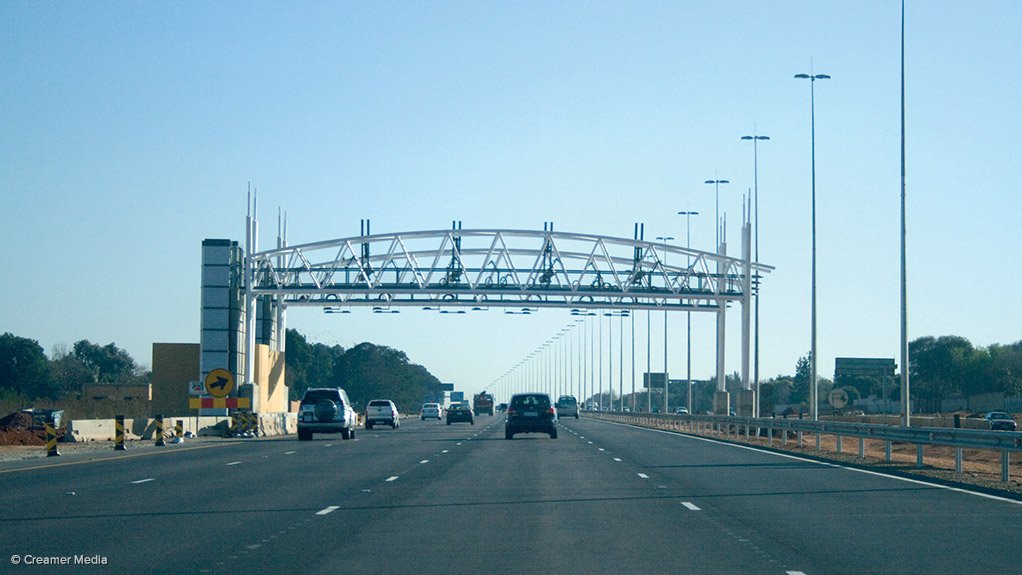/ MEDIA STATEMENT / The content on this page is not written by Polity.org.za, but is supplied by third parties. This content does not constitute news reporting by Polity.org.za.
On Wednesday this week, the Government gazetted the new e-toll dispensation tariffs, in another attempt to coerce Gauteng freeway travellers to pay for the use of their roads.
“Cutting through the amendments to the previously failed scheme, one detects that no meaningful change has been made,” says Wayne Duvenage, the Chairperson of the Opposition to Urban Tolling Alliance (OUTA). “The scheme remains administratively cumbersome and the alternate rate is still grossly punitive at 300% higher than the e-tag rate.”
Users who chose to remain unregistered with the scheme, must still pay within 7 days to qualify for the 30c tariff, which is practically impossible, given the inefficiency of our postal services. This still places the onus on the road users to go hunting for their e-toll account on line or at the e-toll customer centers. OUTA believes that with no meaningful change to the onerous conditions, the freeway users will more than likely continue to rebuff the scheme, just as 80% of the users have done over the past year.
Contrary to government’s claims of a 50% reduction in the tariff, the e-tag tariff remains unchanged at 30c per kilometer. Furthermore, just as it was in the past, the ability to enjoy the 30c e-tag rate (now with a 30-day grace period), comes with conditions that require registration of vehicle and / or e-tag details with the e-toll system. “SANRAL have simply painted a new coat over the same rusty broken vehicle and tried to sell it as a new car. The public are being taken for fools by this attempted morass of smoke and mirrors,” says Duvenage.
Contrary to what MEC Ismail Vadi said earlier this week, the reduction in the monthly capped rate by half is not all it appears to be. These cap reductions are only applicable to less than 7% of freeway users, making this amendment pretty meaningless.
We have also noticed that the planned introduction of the 30-free transactions (per annum) for infrequent users, in place of the impractical day-pass process, appears not to have materialized. Once again, this is indicative of how the authorities have said one thing and gone with another.
OUTA notes with interest, MEC Vadi’s comments on Wednesday that ”the fuel levy, it’s still the public that’s paying. The thing about this, whatever mechanism you use to generate revenue, in the end, it’s the public that’s paying.” We understand this very clearly Mr Vaid, the only difference is the fuel levy attracts zero rands in administration costs, compared to billions of rands for the e-toll process. In addition, the fuel levy has 100% compliance, whilst e-toll will never achieve this, probably not by half. Furthermore, the fuel levy now generates an additional R30 billion more per annum, since the construction of the GFIP got underway in 2008 and a third of this is paid by Gauteng road users.
“In effect, Gauteng freeway users have already paid for this freeway upgrade – a few times over - through the fuel levy increases applied over recent years. If it were left to the public to decide, all polls and research point to the fact that the fuel levy would come in as first choice – by far. This is clearly why the authorities refuse to test the waters via a referendum. They already know what the result will be,” says Duvenage.
Government can pretend to reduce the tariff all they want, but the collection costs of administering this grossly inefficient scheme will remain at over a billion rand per annum. “This issue, combined with the administrative burdensome nature of the scheme, the cloned number plate problems, the eNatis inefficiencies and SANRAL’s failure to consult in the first place, are reasons enough for the public to reject the scheme. Throw in construction cost collusion, and other unacceptable outcomes, this scheme will never command the committed compliance or respect of the majority of South Africans.”
Duvenage added that “OUTA will await government’s attempts to introduce regulatory changes that link the scheme to license plate renewals, where after we will assess and weigh up our options for the next leg of our challenge against the e-toll scheme. Hopefully, sanity will prevail before this matter becomes a bigger fiasco than it already is.”
Issued by OUTA
EMAIL THIS ARTICLE SAVE THIS ARTICLE
To subscribe email subscriptions@creamermedia.co.za or click here
To advertise email advertising@creamermedia.co.za or click here











